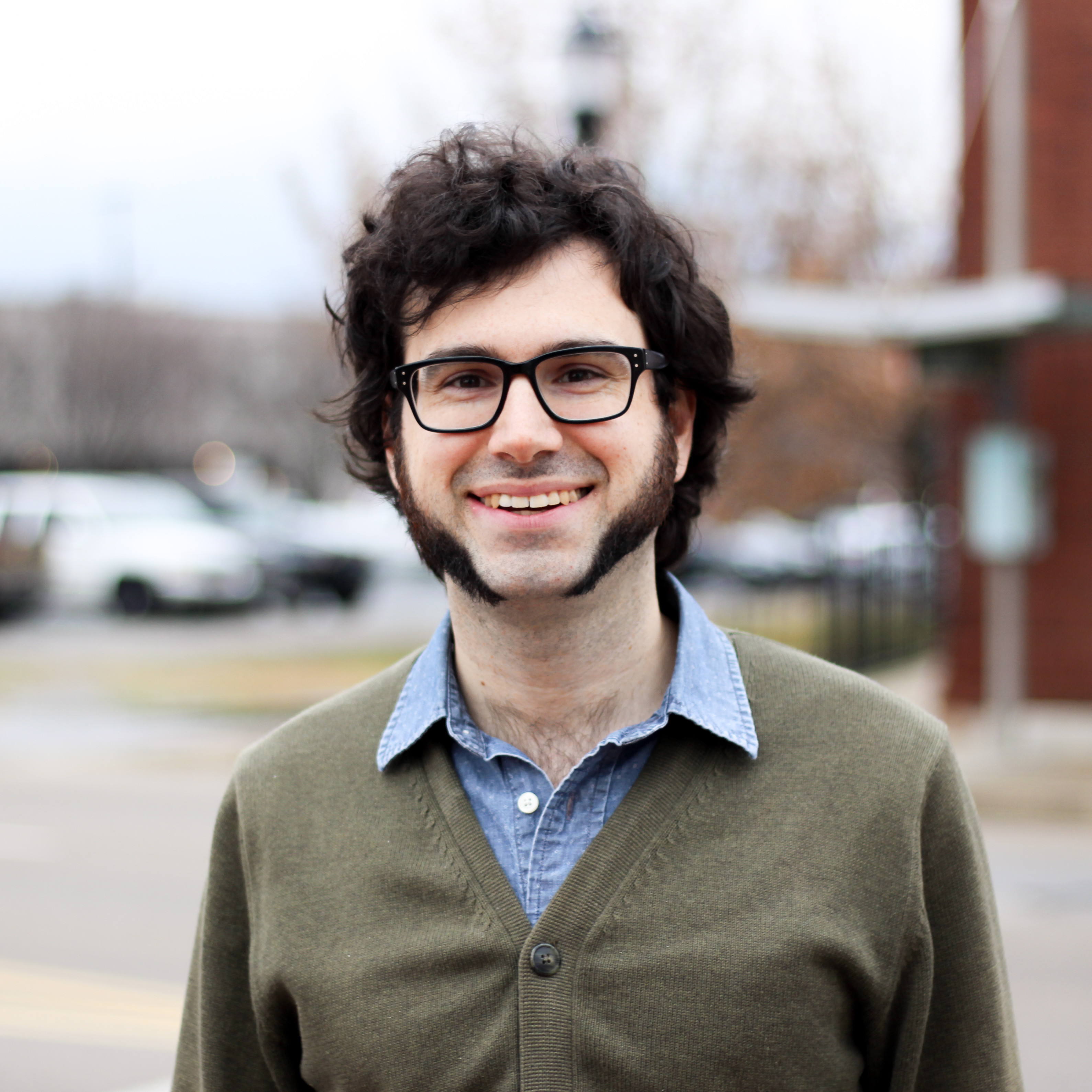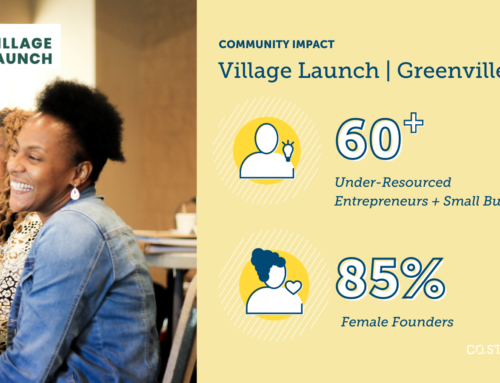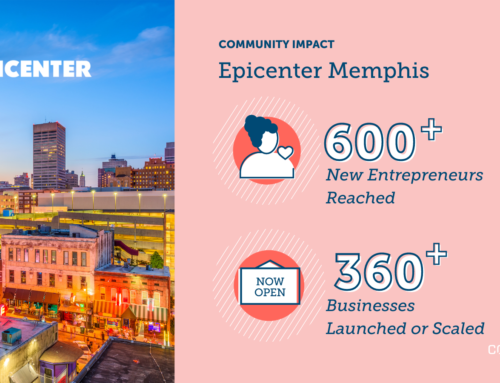Part five of a series from our founder on exploring a new approach to economic development that places individuals, families, and entrepreneurs at the center.
By Enoch Elwell
During the nineties, the Chicago Bulls dominated the NBA by focusing primarily on developing homegrown talent. The Oakland Athletics invented the “Moneyball” craze a decade ago by recognizing they could not compete if they based their strategy on recruiting high-priced free agents. Most successful sports teams embrace the notion that sustainable success cannot be bought.
You have to build it.
When we apply the experiences from the sports world trying to live out Next Economy principles, it seems that economic development can often feel like a never-ending free agent season, only this time the recruitment target is a corporate site selector, not LeBron James. But like recruiting LeBron, when the stakes are high enough, communities will shovel literal mountains of cash at companies. The most recent (and ridiculous) example was the great Amazon HQ2 chase a few years ago.
How crazy did that chase get?
St. Louis, Missouri has prioritized the creation of a homegrown entrepreneurship ecosystem for more than a decade. They have some of the Midwest (and the nation’s) premier Entrepreneurship Support Organizations (ESOs), including Arch Grants, T-Rex, OPO Startups, Cortex Innovation Community (CIC), and BioSTL—among many others. These organizations have helped produce notable successes, including Benson Hill Biosystems and Varsity Tutors. The work involved in regional ecosystem creation is difficult, but St. Louis has done and is still doing many of the right things.
Then along came Amazon—and like every other city and metro region in the country— economic development activities temporarily shifted.
When Amazon requested proposals for HQ2, the St. Louis region responded by offering more than $7B in cash and incentives. The University of Missouri-St. Louis is the city’s largest public university. If you live at home, tuition at this mostly commuter school is about $10,000/year—meaning a degree costs roughly $40,000. To be fair, we’ll say it costs $50,000. At that price, $7B would buy 140,000 undergraduate degrees for one of the most opportunity-challenged regions in the country.
Obviously, the incentives economic developers offered Amazon were not all straight cash. Most of the package consisted of complex tax incentives and abatements that cannot be used to pay for a nursing degree. That said, the sheer size of the package St. Louis (and most mid-size and major cities) offered to the world’s largest retailer shows just how costly chasing corporate free agents can be. Even bringing a region together to make that kind of pitch is expensive. In the Amazon chase, cities often spent hundreds of thousands of dollars just preparing their proposal.
The cost of incentive packages isn’t the only issue.
Giving large incentive packages to a single company while not prioritizing the development of homegrown entrepreneurial talent is an old economy solution to our Next Economy problems.
Over the past several decades, companies have scoured America and the globe looking for communities willing to hand over the most money while providing the cheapest labor possible. You don’t need to be an economist or a sociologist to see that this strategy is failing for everyone. Across the world people are angry at their political leaders for pursuing economic development strategies (even when they are not called economic development strategies) that prioritize near sighted corporate bottom-lines over community health and the individual’s ability to achieve his or her potential.
To be more direct, who would be happy with a strategy that involves using taxpayer money to free large corporations from any responsibility for community health in exchange for jobs that only exist so long as they cannot be outsourced to an even lower cost community—or be automated away altogether?
That’s why every economic development strategy needs to include entrepreneurship ecosystem development alongside corporate recruitment and retention.
Giving large incentive packages to a single company while not prioritizing the development of homegrown entrepreneurial talent is an old economy solution to our Next Economy problems.
Every recruitment campaign is not Amazon. We aren’t likely to see anything like it soon—until Apple or Google decide they need an HQ2. Then, nationwide, the vaults will open again. Ironically, Apple and Google’s current HQs are in a community that is the ultimate testament to tech startup ecosystem development. Decades ago, Silicon Valley was just a collection of engineers working for a few homegrown defense contractors.
Today, well, it’s Silicon Valley.
Your community’s Next Economy cannot be bought on the market. Creating sustainable, equitable economic opportunity cannot be outsourced to Jeff Bezos. It cannot be outsourced to site selectors looking for the best deal. Your Next Economy will be created by the entrepreneurs and makers in your community. Investing in their training and development will have a long-term holistic payoff that all the incentive packages in the world cannot buy.
That’s why every economic development strategy needs to include entrepreneurship ecosystem development alongside corporate recruitment and retention.
Successful teams invest in the development of homegrown talent and then complement that talent with free agents that value a team (and a culture) guided by a focused strategy for growth and development. It is far too easy for communities to lose sight of that. It is also hard for any community to draw lines with companies that do not build up the culture, saying, “No, we have a clear purpose. We wish (fill in the blank) all the luck in the world, but we have a strategy—and we will invest our resources in training and preparing our own entrepreneurs to lead our community into the Next Economy.”
A strategy like that worked for Michael Jordan and the Chicago Bulls.
And it can work for your community.

ABOUT THE AUTHOR
Enoch Elwell is the founder and Chief Executive Officer of CO.STARTERS, as well as the co-founder of The Company Lab and a serial entrepreneur. He lives with his wife and children in Chattanooga, Tennessee. Follow him on LinkedIn, Medium, and Twitter for more thought leadership on economic development and entrepreneurship.
Want to unlock the potential of entrepreneurship to create a better future?
Schedule a call to see how CO.STARTERS can help.



